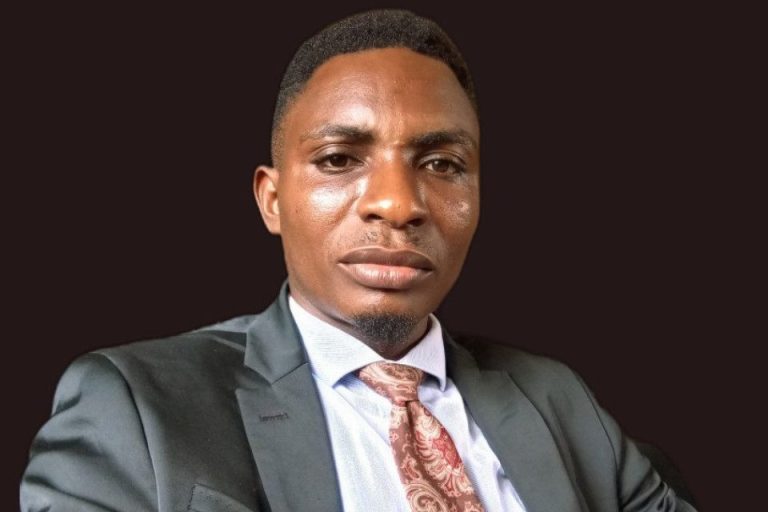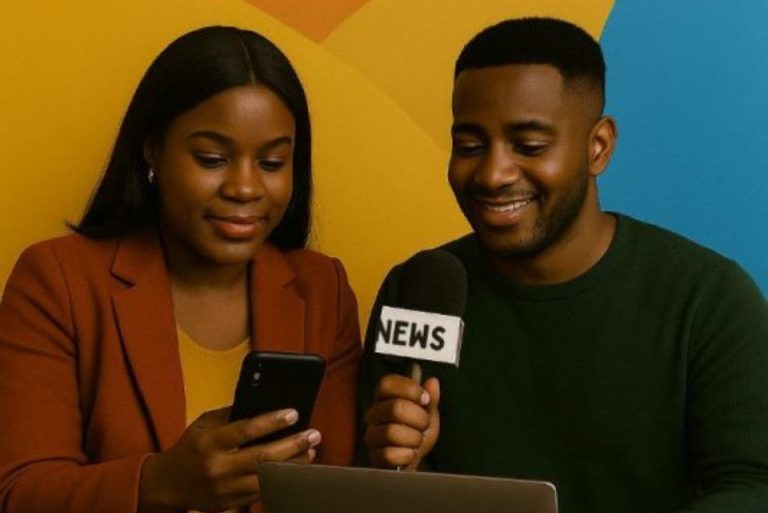Advocates for community radio broadcasting have expressed their displeasure with the federal government and the National Broadcasting Commission (NBC) over their failure to issue community radio licences.

The advocates are worried that the continued delay by the federal government and the NBC denies communities across the country effective access to the media and limits their right to freedom of expression. It also deprives them of development assistance and other benefits which would otherwise have accrued to them.
This was an observation at the two-day Community Radio Briefing and Strategy Meeting that was held in Abuja on Monday, January 21 and Tuesday, January 22, 2013. The aim of the meeting was to develop strategies to achieve the speedy implementation of community radio licensing to promote media pluralism and democratization of citizen access to information.
The meeting was convened by the Democratic Governance for Development (DGD) II project of the United Nations Development Programme (UNDP) in collaboration with the Nigeria Community Radio Coalition (NCRC). The DGD II project is a joint donor-funded project managed by the UNDP to provide support for deepening democracy in Nigeria.
The meeting was addressed at the opening ceremony by the Chair of the occasion, Professor Ralph Akinfeleye, Department of Mass Communication at the University of Lagos; the DGD Project Director, Dr. Moutarda Deme; Dr. (Mrs.) Hannatu Ibrahim, a member of the Steering Committee of the Nigeria Community Radio Coalition; Mr. Mike Omeri, Director-General of the National Orientation Agency (NOA); and Mr. Joe Obodoeze, a Director at the Federal Ministry of Information, representing the Honourable Minister of Information, Mr. Labaran Maku.
Dr. Deme said that DGD 11 project and its international partners, the European Union, the UK’s Department for International Development, the Canada International Development Agency and the United Nations Development Programme (UNDP) were proud to support the renewed advocacy for community radio in the country.
Dr. Deme said, “As Nigeria progresses in its democratic development, community radio will foster community dialogue, strengthen the integrity of the electoral process, contribute to transparency and accountability of governance institutions at the grassroots and facilitate citizens participation in governance.” He expressed his regret that two years after the federal government announced that license was going to be issued to community radio stations in the country, the promise is yet to be actualized.
Mr. Omeri, promised that about 800 Community Radio Stations will soon commence transmissions in various parts of the country before the second quarter of 2013. He said the stations would use the language of the people of the area, adding that they would create over 12,000 jobs when they begin transmission.
The meeting also featured presentations by experts, community radio advocates and representatives of intending host communities for community radio stations, in plenary and break-out sessions.
The participants observed that there are new approaches to development which emphasizes people’s greater control over their lives. This control is achieved through their active participation in deciding, planning and executing initiatives aimed at improving their socio-political and economic development; a process which requires effective access to information and voice for all segments of the society.
They also observed that Community radio as a grassroots medium of communication is acknowledged globally to be a great facilitator of participatory and democratic development. They agreed that it provides a voice for local people, promotes media pluralism, improves access to information and knowledge, and enables local decision-makers to be held accountable.
The participants established that the failure of the federal government and the NBC to give effect to the announcement by President Goodluck Jonathan in 2010 delegating authority to the NBC to issue licenses for community radio broadcasting in Nigeria continues to be a major source of concern to stakeholders. This, they claim, undermines the credibility and authority of the federal government, particularly the Office of the President.
If Nigeria is to make significant progress in its democratic development, the participants agreed that it needs to harness the potential and capacity of community radio to foster community dialogue. They noted that the use of community radio will build peace, strengthen the integrity of the electoral process, contribute to transparency and accountability of governance institutions at the grassroots and facilitate citizens’ participation in governance.
The participants recommended the NBC should work with other relevant agencies and authorities within the federal government to urgently give effect to the announcement by President Jonathan in 2010.
They also urged the NBC to play a leading and pivotal role in resolving all outstanding issues impeding the issuance of community radio licenses. They asked the NBC to convene a high-level meeting among critical stakeholders in government to provide a platform for an open and frank discussion on challenges, concerns and solutions.
Participants also asked the NBC to develop a regulatory framework for community radio broadcasting in Nigeria. Such a framework should define community radio; contain clear requirements for the granting of licenses for community radio stations; information about the licensing process and a regime of license fees, among other issues.
The participants recommended that the NCRC should forge new alliances and build strategic partnerships with government institutions, such as the NOA, to push through a successful advocacy for community radio broadcasting in Nigeria.
They suggested that the NCRC should embark on a campaign of targeted advocacy aimed at relevant authorities within the federal government, particularly the Presidency, the Federal Ministry of Information, the Federal Ministry of Justice and the NBC to address any lingering concerns that they may have about community radio broadcasting in Nigeria and persuade them to give effect to President Jonathan’s pronouncement.

They also said that the NCRC should explore the possibility of facilitating a programme of experience sharing between senior Nigerian government officials and senior officials of other relevant governments in West Africa. The participants believed this will ensure a better understanding among the Nigerian authorities about the potential of community radio broadcasting, including for peace building and conflict resolution purposes.
The participants expect that while the NCRC continues to pursue a policy framework for the actualization of community radio broadcasting in Nigeria, it should also explore the options of seeking for a clear statutory provision and strong constitutional backing for community radio broadcasting.
Participants proposed that even as communities wait for broadcast licenses to be issued, prospective community radio stations should take advantage of available and cheap new technologies to begin the process of content development, which can also be distributed online. This, participants said, will prepare them to become operational as soon as they receive their licences while at the same them helping them to build capacities.
The participants encouraged communities which intend to run community radio stations to assess their capacity needs and develop concrete plans to address such needs, including seeking support from development agencies and learning from the experiences of community radio stations in other countries in the West African region.
The international development agencies were urged to lend their strong voices to the advocacy efforts by constantly raising the issue of licensing community radio stations whenever they engage the NBC or other relevant government agencies or authorities.
Such support for aspiring community radio operators, participants said, is crucial, urging development agencies to assist such operators with capacity-building in the areas of management, programme development, acquisition of equipment and appropriate technologies.
Participants in attendance were drawn from Government ministries, departments and agencies; the National Broadcasting Commission (NBC), the National Orientation Agency (NOA), community leaders; academic institutions; media professionals; campus radio managers and operators; Non-Governmental Organizations (NGOs); Community-Based Organizations (CBOs); advocates of community radio and development communication; gender advocates; international development agencies; and other stakeholders.
The DGD II project is funded with contributions from the European Commission (EC), the UK Department for International Development (DFID), the Canadian International Development Agency (CIDA) and the UNDP. The NCRC was formed in 2005 to sensitize and mobilize stakeholders and heighten advocacy to fill the gaps in the Nigerian broadcasting landscape that undermine democratic participation and development efforts.





